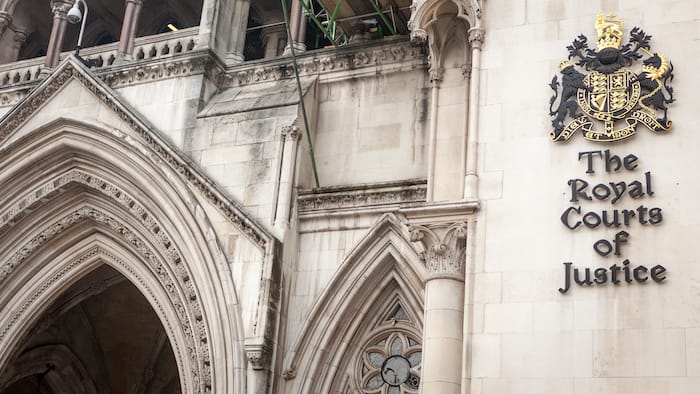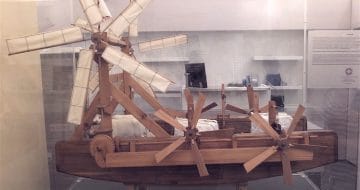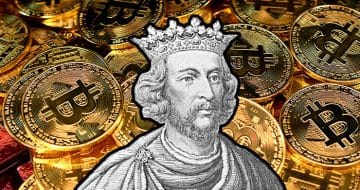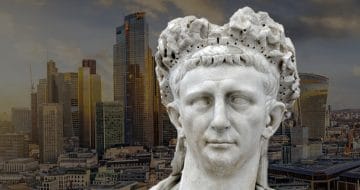Future magic circle trainee Will Holmes considers the ‘historically absurd’ definition of inventor following this week’s DABUS patent ruling

In 1421, one of the earliest recognisable patents was granted to Filippo Brunelleschi, “a man of most perspicacious intellect, industry and invention” so that he could protect “the fruit of genius and skill”. On Tuesday, however, the UK Court of Appeal ruled that “man” could not be replaced by “machine”.
The court was considering whether the AI creativity machine DABUS, built by the physicist Dr Stephen Thaler, can be recognised as the inventor of a patent. Thaler believes that DABUS has independently produced novel inventions (the ‘Neural Flame’ and the ‘Fractal Container’) and therefore should be legally recognised as the inventor, whilst he remains the owner of the patent.
The UK Patents Act 1977 states that an inventor is the “actual deviser of the invention”. Although it appears that DABUS could fit this broad definition, section 13(2) couples the status of ‘inventor’ with ownership. The inventor is the owner of the patent unless it is assigned to another entity. But because DABUS is not a legal person, it cannot own or assign ownership of the patents to anyone. The court’s split decision reaffirmed the IPO and High Court’s previous conclusions: “only persons can be inventors”.
Such disappointment is far from new for the team leading the case, which has seen similar decisions by the European Patent Office and in the Virginia Eastern District Court. Importantly the courts do not assess inventorship, but the UK High Court was happy to presume for the purposes of the proceedings that “DABUS has ‘invented’ the inventions”. So why is it so difficult for courts (that can admit that machines are capable of inventing) to consider DABUS an inventor? Why should IP law only recognise and reward human creations?
The reason may have something to do with the fact that the lineage of modern IP law can be traced back to the 1421 patent I mentioned at the beginning. As I discuss at greater length here, one of the key tensions that gave rise to the notion of inventorship was the development of cheap mass production. This forced skilled members of guilds to redefine the value of their skills. In the face of this new mechanical skill, they felt that their inventive minds — and its quality of unique genius — was what differentiated them from machines. Filippo Brunelleschi was the first to formalise this in a patent.
Once again we consider what is special about human cognition in the face of technology’s capabilities. Interestingly, the Federal Court of Australia directly addresses this problem. In his ruling Justice Beech explained: “I need to grapple with the underlying idea, recognising the evolving nature of patentable inventions and their creators. We are both created and create. Why cannot our own creations also create?”. Perhaps unsurprisingly then, the one jurisdiction that has considered this historical context is the only jurisdiction thus far to judicially recognise DABUS as the inventor of the patent.
What’s next? It may well be that this case reaches the UK Supreme Court. Elsewhere, oral proceedings in Europe are due to take place in December. But, ultimately taking such a step is likely to come with politics. Brunelleschi only managed to secure a patent from the Florentine government by threatening to take his talents to a rival city. As it becomes less acceptable to fail to list creative machines as inventors, jurisdictions hoping to attract AI development will be keen to have a functioning system with strong IP rights for AI developers. For now, at least, the Court of Appeals has left us with an increasingly historically absurd definition of the inventor from 1421.
Will Holmes is a future magic circle trainee.



